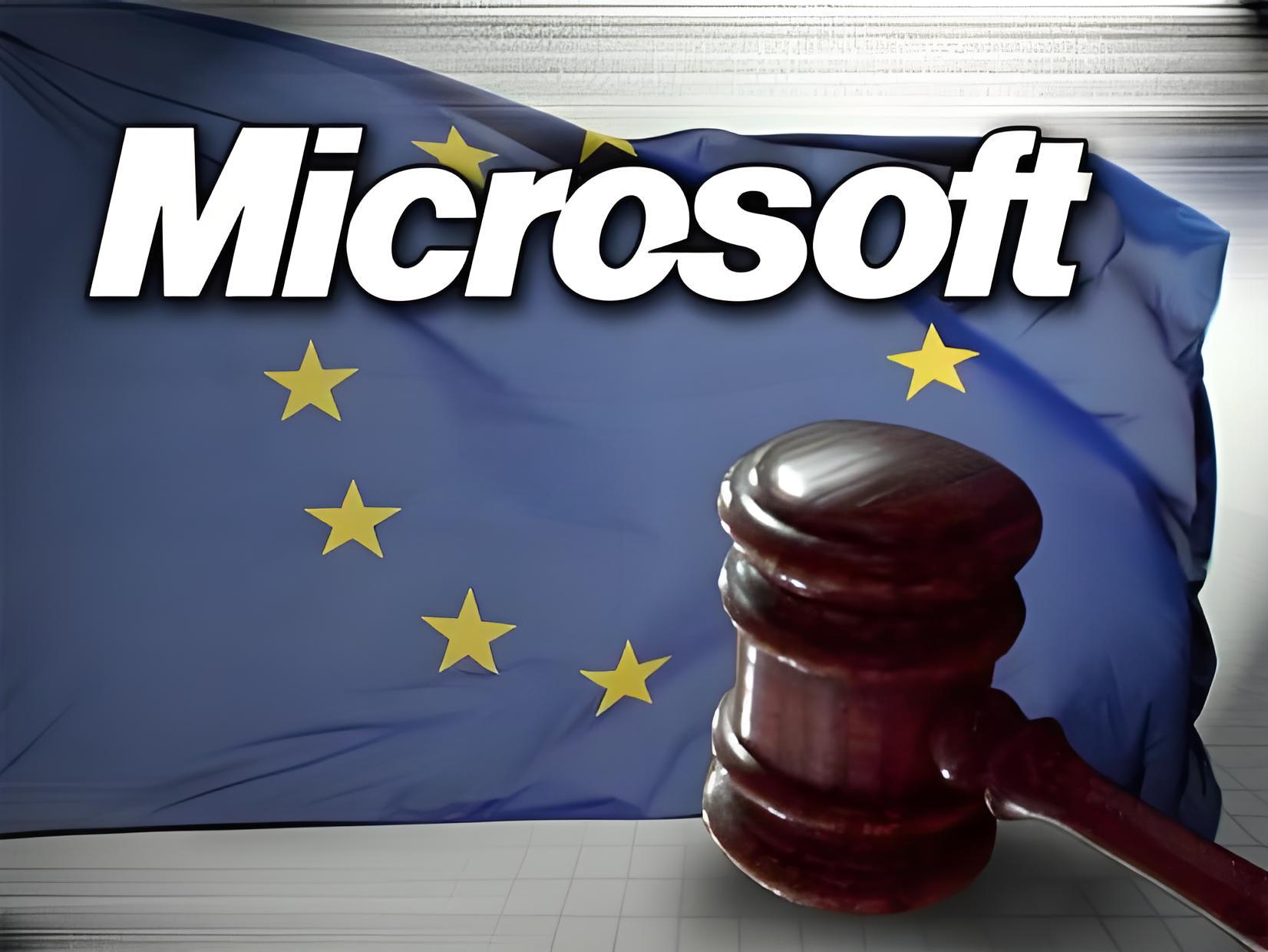
In the ever-changing competitive landscape of the technology industry, antitrust regulation has always been a Sword of Damocles hanging over major tech giants. Recently, a significant business news story has attracted widespread attention in the European and American tech circles: Microsoft has successfully avoided a potential hefty antitrust fine from the European Union (EU) through a series of strategic adjustments. Last Friday, Microsoft's stock price rose by 1.8% in response, with the market giving a positive feedback on its decision. This incident not only concerns Microsoft's own business interests but also has a profound impact on the competitive ecology of the global technology industry and the direction of antitrust regulation.
The EU's antitrust investigation into Microsoft has a long history, and the focus of this investigation centers on Microsoft's practice of bundling its Teams video conferencing application with the Office suite. Since 2019, this business strategy has given Teams an unfair competitive advantage. During the pandemic, the demand for remote work surged exponentially, and Teams, relying on its tight bundling with the Office suite, quickly accumulated a large user base. According to relevant data, the usage rate of Teams soared to over 80% in a short period of time among many European enterprises, which undoubtedly dealt a huge blow to other similar video conferencing software such as Slack and alfaview. Five years ago, Slack, owned by Salesforce, was the first to file a complaint with the European Commission against Microsoft's bundling practice, pointing out that this approach restricted market competition and hindered innovation. In 2023, the German software company alfaview also joined the chorus of criticism, further intensifying the EU's regulatory scrutiny of Microsoft. After a preliminary investigation, the European Commission concluded that Microsoft's bundling of Teams with office productivity applications such as Word, Excel, PowerPoint, and Outlook gave Teams an improper competitive advantage, seriously restricting free competition in the cloud communication and collaboration products market.
In the face of the EU's investigation and warnings, Microsoft has been taking response measures since 2023. Initially, Microsoft launched a version of Office without Teams, priced 2 euros lower than the bundled version. At the same time, Teams also launched an independent subscription service, priced at 5 euros per month. However, these initial adjustments failed to fully eliminate the EU's concerns. To completely resolve the issue, Microsoft further stepped up its strategic adjustments, committing to unbundling Teams from the Office 365 and Microsoft 365 suites and selling it separately. More importantly, Microsoft guaranteed that the Office suite without Teams would be priced lower, in order to meet the EU's requirement that "customers should have the option to choose a Teams-free commercial suite at a price lower than that of the suite containing Teams". In addition, Microsoft has made great efforts to improve the compatibility between competitors' software and Microsoft's services. Microsoft plans to develop a new method to host Office web applications in competing apps and services, similar to how it works for Teams. It has also introduced new support resources to help customers and independent software vendors migrate data from Teams to other products, greatly enhancing the portability and shareability of data.
From the perspective of market reaction, Microsoft's stock price rose by 1.8% last Friday, indicating that investors hold an optimistic attitude towards Microsoft's successful avoidance of the hefty fine. This decision has effectively reduced Microsoft's potential financial risks. It is estimated that if Microsoft had been fined by the EU, given its huge global revenue scale, the fine amount could have been as high as billions of euros. Successfully avoiding the fine allows Microsoft to invest more funds in core business areas such as research and development and market expansion. In terms of the industry's competitive landscape, Microsoft's concession has provided more market space for other competitors. With the unbundling of Teams from the Office suite, competitors such as Slack and alfaview are expected to gain more opportunities for fair competition in the European market, promoting the cloud communication and collaboration products market to develop in a more diversified and competitive direction. This also urges Microsoft to pay more attention to compliance and fair competition in its future product layout and market strategies, and to enhance product competitiveness through innovation and services rather than relying on market-dominant practices such as bundling sales.
The incident of Microsoft avoiding the EU's hefty antitrust fine also reflects the current trend of global antitrust regulation. In recent years, antitrust regulation on tech giants has been continuously strengthened in regions such as Europe and the United States. From Google being fined nearly 3 billion US dollars by the EU for favoring its own products in ad technology services, to Apple being required to open its mobile wallet technology to competitors, and Amazon adjusting its "Buy Box" mechanism, all these cases demonstrate the determination of regulatory authorities to maintain the order of fair market competition. When handling antitrust cases, the EU, in addition to adopting tough measures such as fines, is increasingly inclined to reach settlements with enterprises through negotiations, avoiding lengthy legal battles. This not only improves regulatory efficiency but also gives enterprises a certain space for self-adjustment and compliant operation.
Microsoft's successful avoidance of the EU's hefty antitrust fine is a landmark business incident. It not only tested Microsoft's ability to respond in a complex regulatory environment but also provided valuable experience for global tech enterprises in dealing with antitrust regulation. In the future, as antitrust regulation continues to improve and strengthen, tech enterprises can only gain a firm foothold in the fierce market competition by striking a balance between innovative development and compliant operation.

Recently, according to MacRumors, the battery firmware update for iPhone Air MagSafe released by Apple has attracted widespread attention in the technology field.
Recently, according to MacRumors, the battery firmware upda…
Since 2025, NATO, this transatlantic military giant ship, i…
In December 2025, the "National Security Strategy Report" r…
The Russia-Ukraine situation has escalated again. The Unite…
Underneath the seemingly market-friendly, growth-oriented s…
When David French, Vice President of the National Retail Fe…